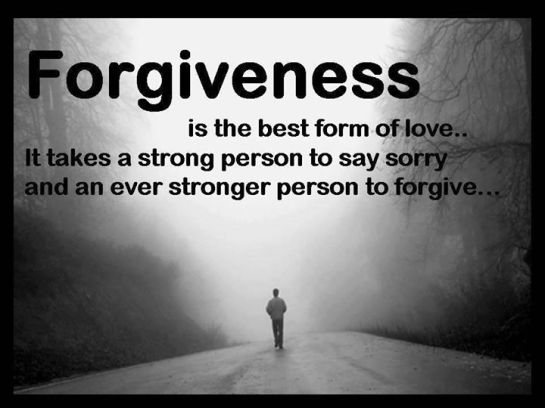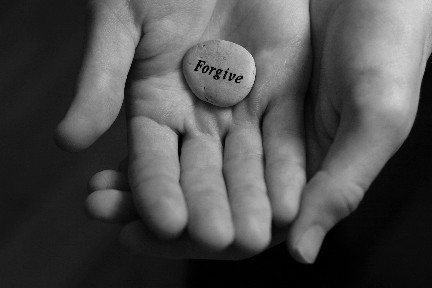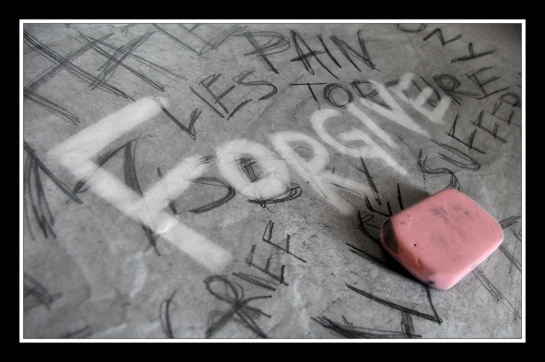We’ve been considering keys to genuine forgiveness. Last time we determined that forgiveness begins by relinquishing my right to get even. In Hebrews 12:15 we are told to “Watch out that no bitterness takes root among you, for as it springs up it causes deep trouble, hurting many in their spiritual lives.” (TLB) Like a small root that grows into a great tree, bitterness springs up in our hearts and overshadows our relationships. A “poisonous root of bitterness” comes when we allow disappointment or hurts to grow into resentment, or when we nurse grudges over past hurts.

I am so thankful that the Spirit of God can heal the hurt that causes bitterness in life if we will allow Him. One of the greatest avenues of healing is forgiveness. Unfortunately, an unforgiving spirit leads to resentment that can be passed on from generation to generation. The truth is you don’t just make yourself miserable. When you’re bitter, you make everybody else around you miserable too. It is like you are passing on your bitterness as an inheritance.
Forgiveness not only means giving up my right to get even, it also involves responding to evil with good. In Luke 6:27-28 Jesus said, “Love your enemies, do good to those who hate you, bless those who curse you, pray for those who mistreat you.” There are several key words in those two verses that are vital elements of forgiveness. Do you see them? We are to love, do good, bless, and pray for. Also, be sure and notice that these things are all directed toward our enemies, those who hate us, those who curse us, and those who mistreat us.
You choose to return good for evil. That sounds like something Jesus to would do. As a matter of fact, that’s what He did. Remember when Jesus prayed from the cross, “Father, forgive them for they know not what they do”? Jesus was responding to evil with good. You will know you’ve genuinely forgiven somebody when you can pray for them in this way.
Today, we can decide to respond to evil with good. The way to do that is by asking God to fill us with His love. Most of us don’t have the capacity to live like this on our own. We need God’s help. We need the love of Jesus Christ to fill us. When God’s love fills us, He enables us to love like only He can. God wants to enable us to do what we could never do on our own. More next week…


 There are so many myths and misconceptions about forgiveness. Some think that forgiveness is conditional. People say things like, “I will forgive you if…” or “I will forgive you when…” Real forgiveness is unconditional. It’s not earned or deserved. Genuine forgiveness cannot be bargained for, bartered for, or paid for. Forgiveness is not even based on the promise that the person will never hurt you again. Genuine forgiveness is unconditional.
There are so many myths and misconceptions about forgiveness. Some think that forgiveness is conditional. People say things like, “I will forgive you if…” or “I will forgive you when…” Real forgiveness is unconditional. It’s not earned or deserved. Genuine forgiveness cannot be bargained for, bartered for, or paid for. Forgiveness is not even based on the promise that the person will never hurt you again. Genuine forgiveness is unconditional.





